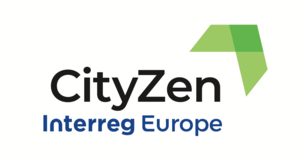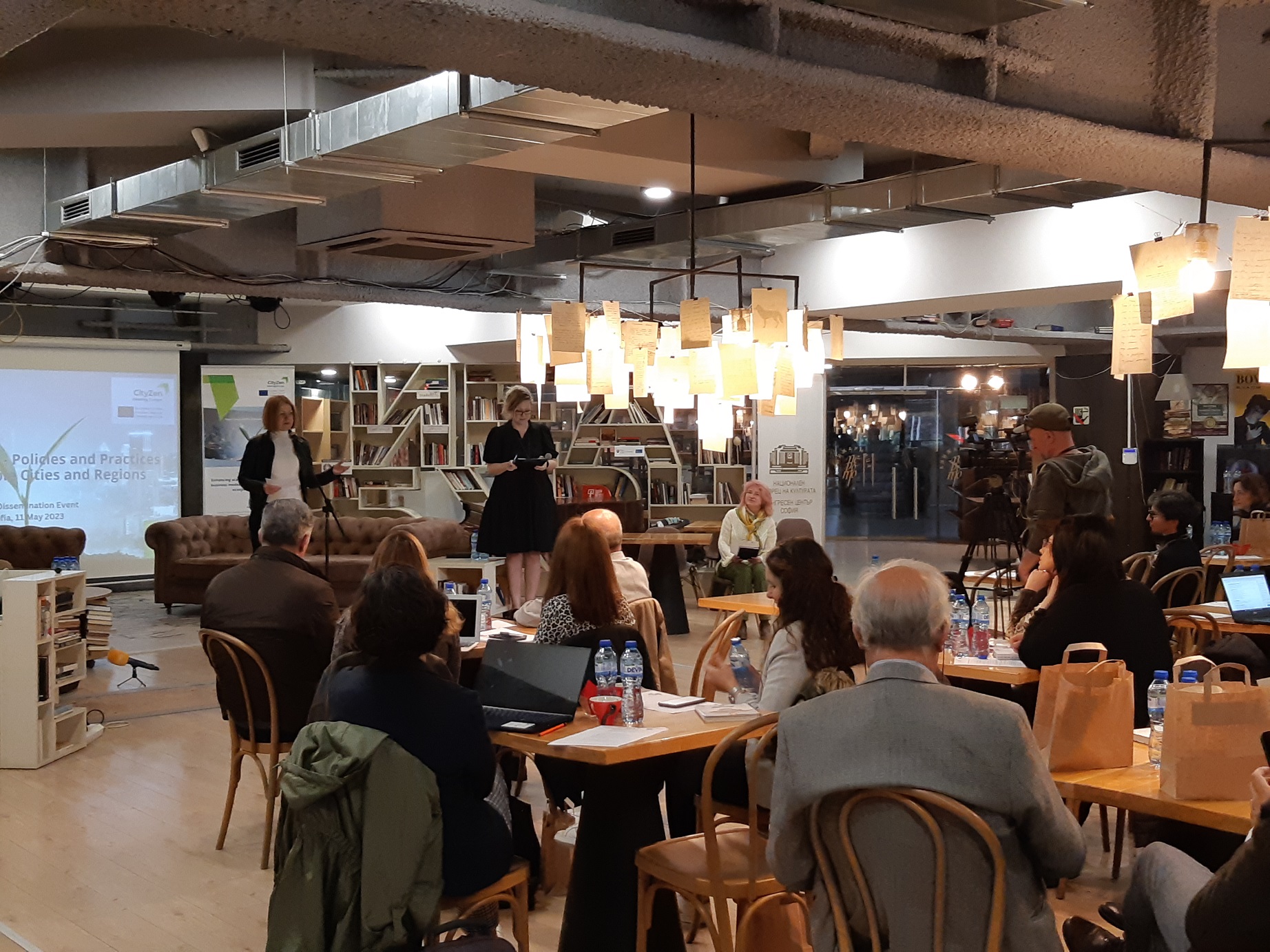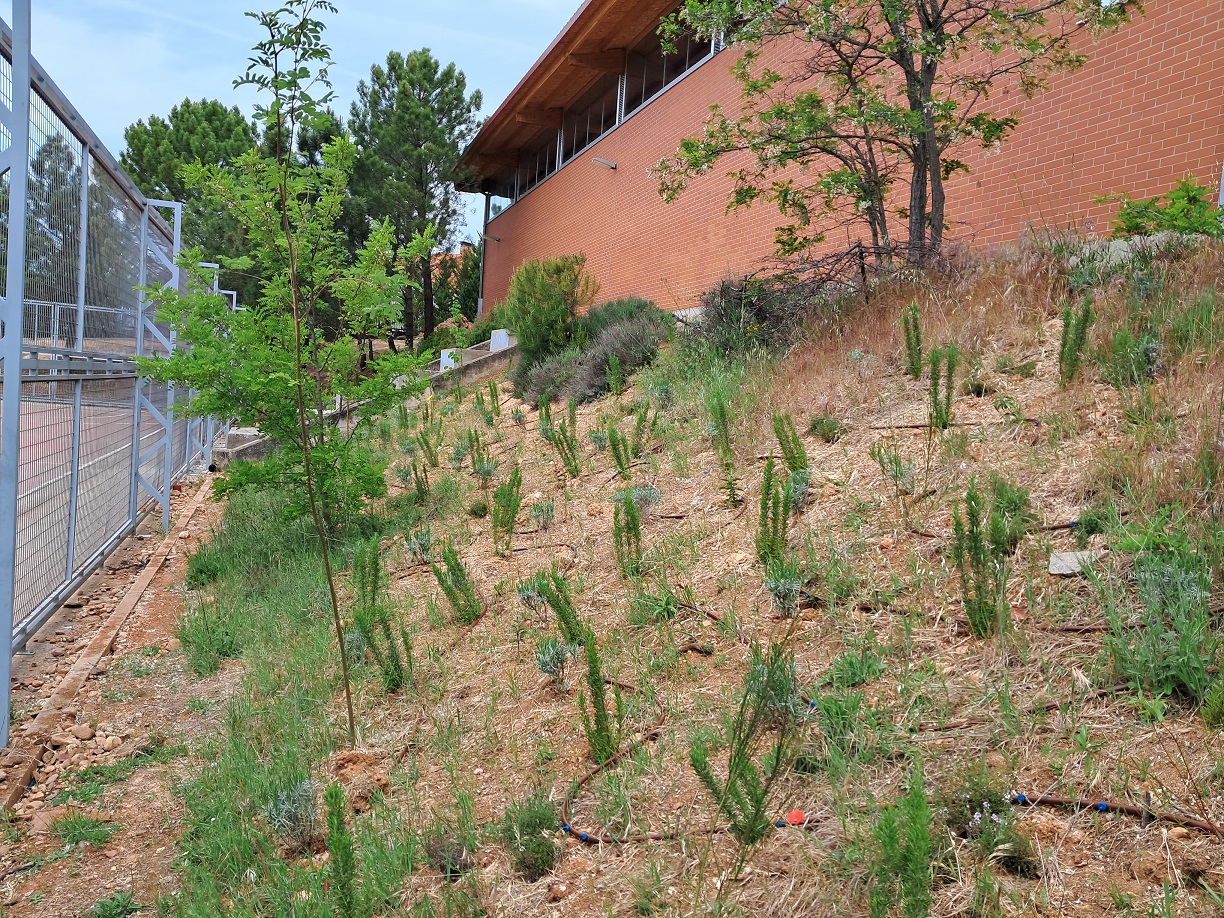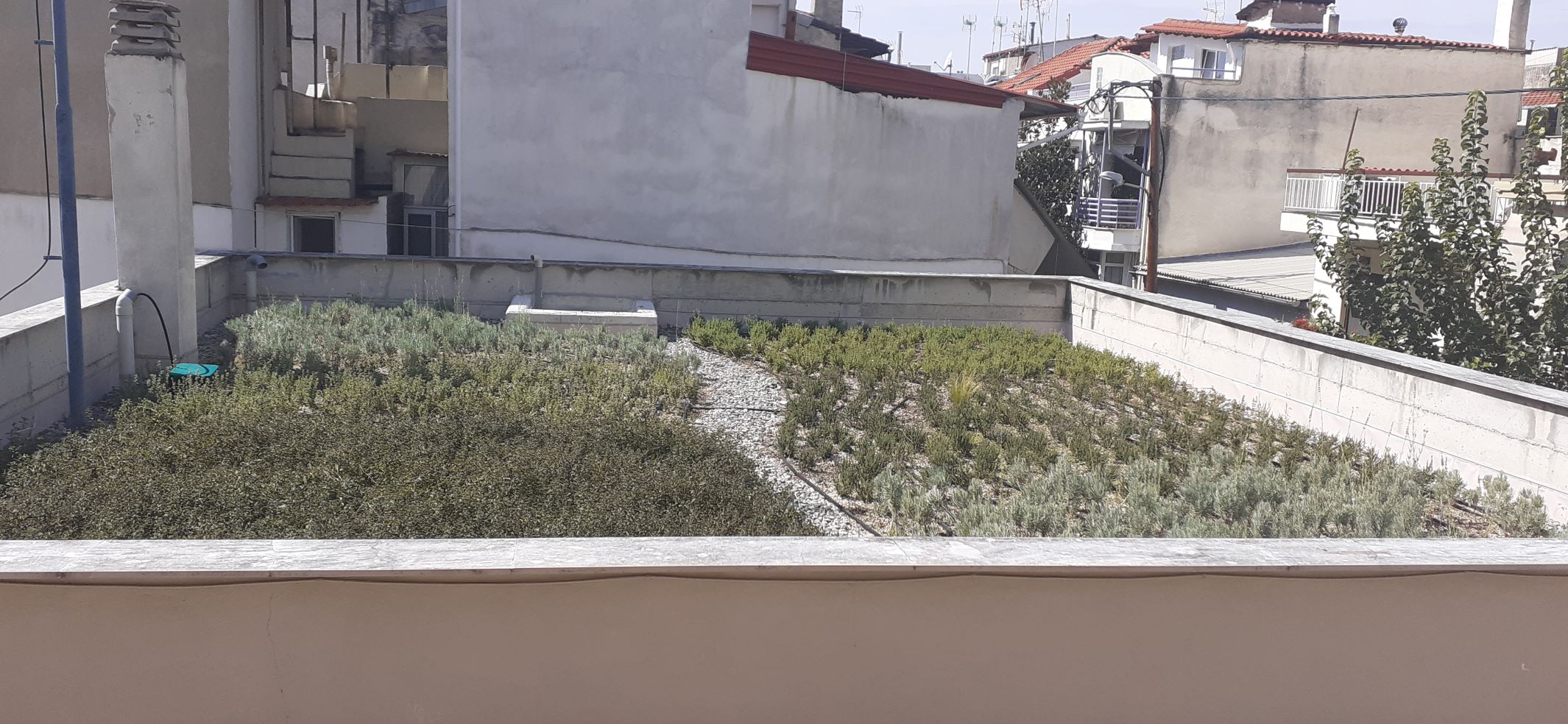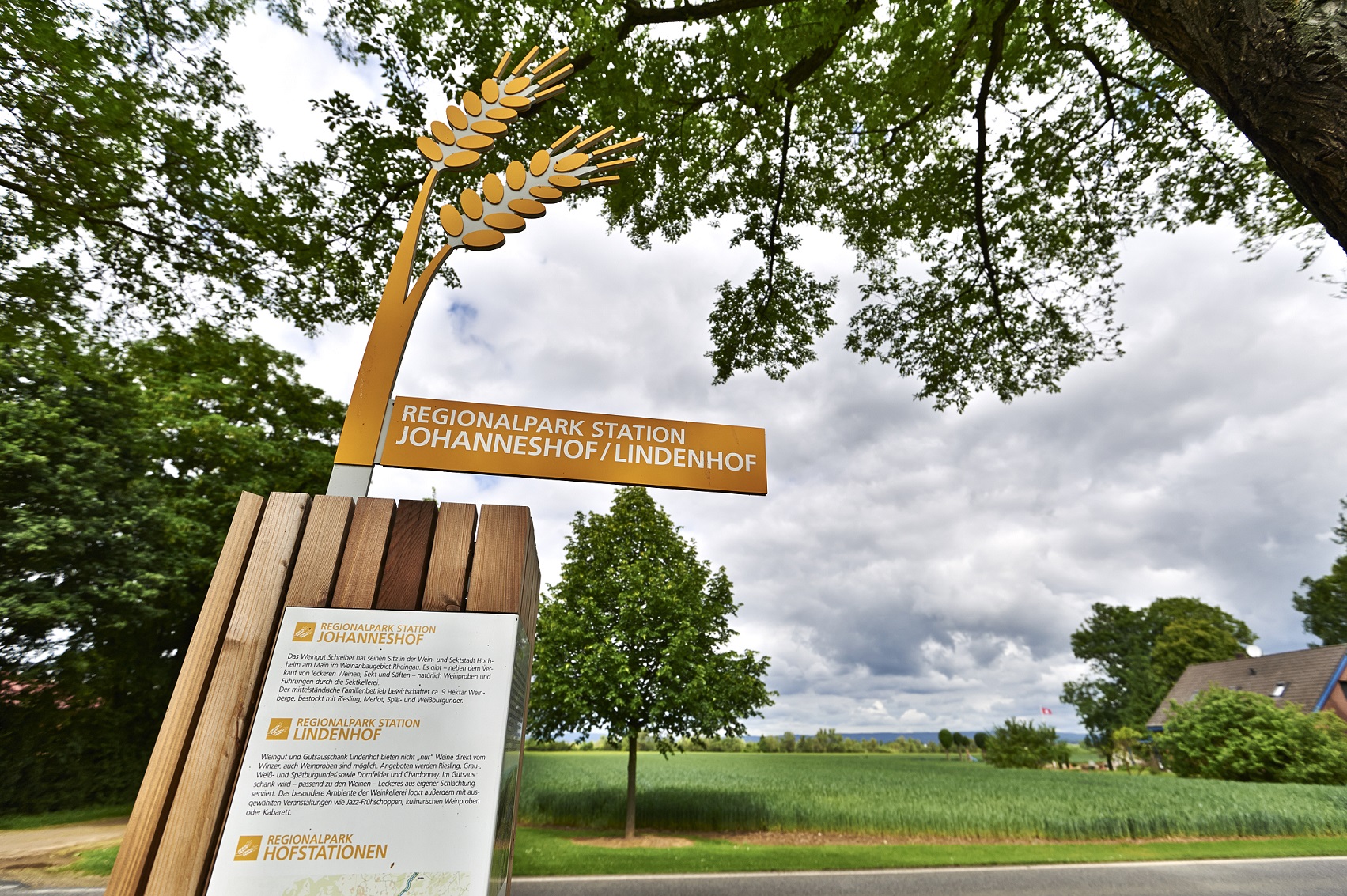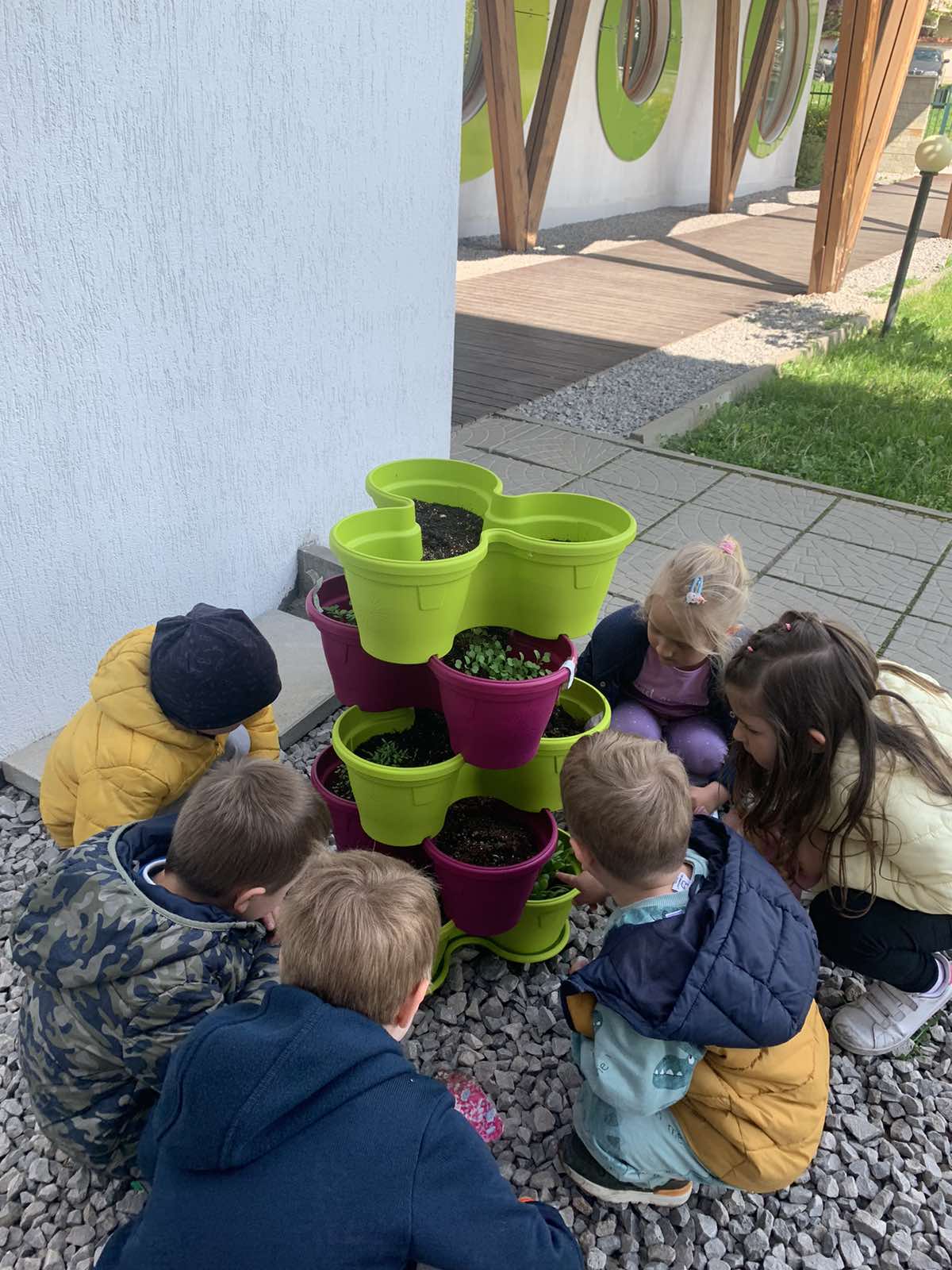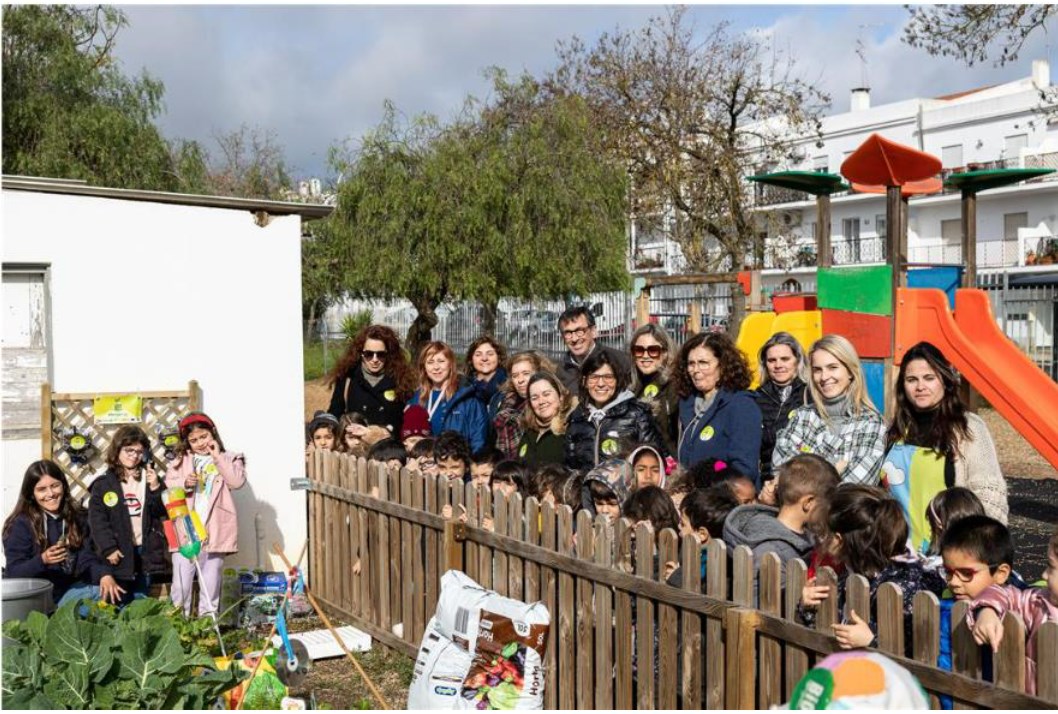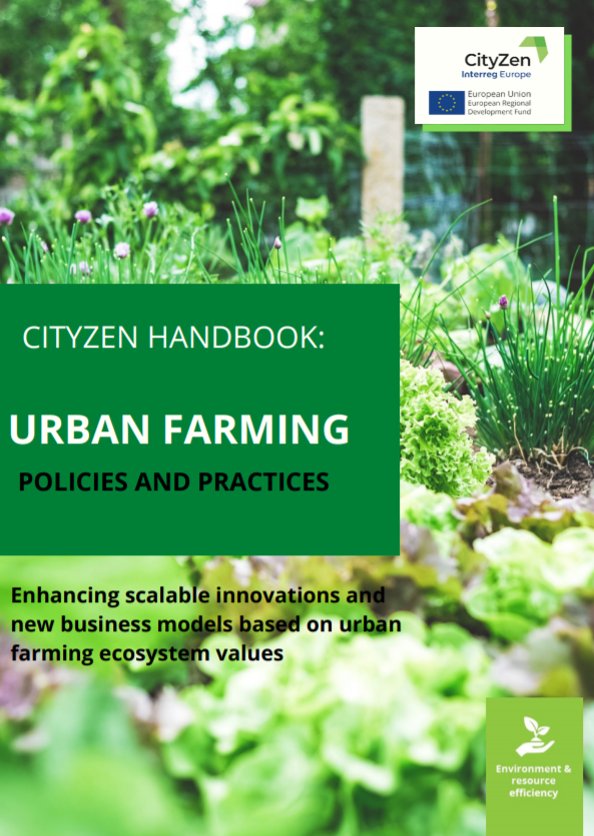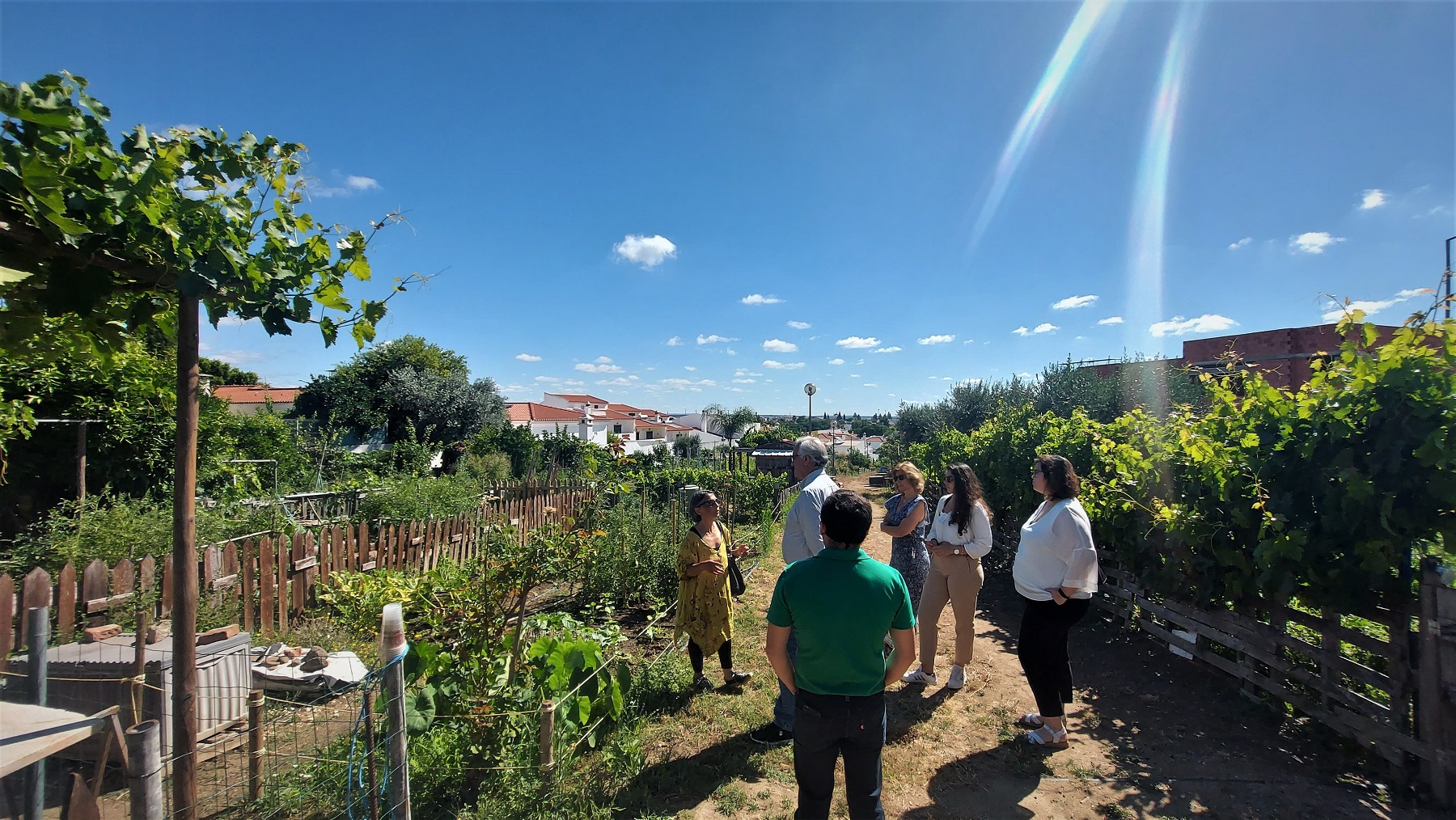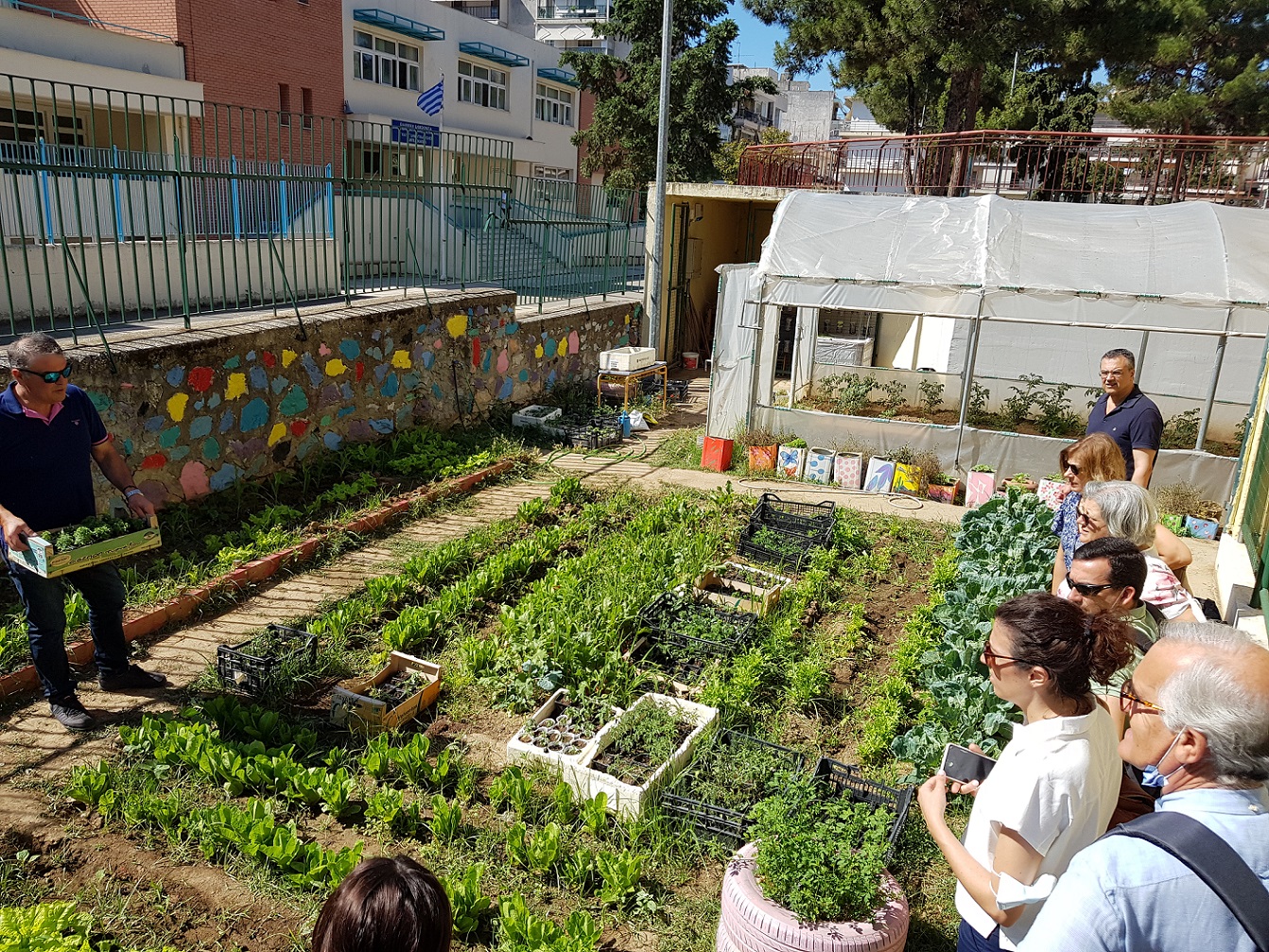On 4-5 November CityZen partners had their 2nd Accelerator for Policy Makers and 1st Action Camp to present initial Action Plans of the partner regions both held as hybrid events in Thessaloniki, Greece (task leaders: RDFCM and UVa).
The 2nd Accelerator event was based on the design thinking methodology to conceptualize new support measures applicable to policy instruments and Action Plans by the CityZen partner regions. In addition, the workshop sessions and exercises were focused on how to better enhance social innovations and social entrepreneurship in Urban Farming as main crossing point for key municipal and regional policies.
The design thinking process was facilitated by 'launchlabs Sofia' as an informal, fast paced workshop with teamwork and interactive reflections for the people joining physically. The online group of partners had the role of advisory and peer review panel to provide feedback on the discussions’ results.
Two concepts for support measures were offered to the online panelist of the Accelerator from the onsite participants:
- “ CO-PLAN: Governing our green commons” - decision-making process that considers through dialogue the needs, desires, aims, visions, opportunities of the community where/in which the decision may have an impact, and
- “ Digital Interactive map for urban farming availability and usage” - digital maps with dynamic information on terrains, rooftops, buildings for vertical farming, tunnels to be used for hydroponic cultivation. The map shall include abandoned, used, available, unknown ownership (which can be claimed by the users.
On 5 Nov the 1st Action Camp hybrid event featured the very first drafts of the Action Plans by the five CityZen regions focused on:
- SOfia Green programme of Sofia Municipality with focus on the pilot action to test and validate potentials for innovative products, services and projects stemming from or adopted to the Urban Farming (UF) area such as the DIY kits for vertical mini urban gardens that are already set up at 6 demo sites.
- Regional Operational Programme 2014-2020 of the Region of Central Macedonia, Priority Axis 6: Protecting the environment and resource efficiency, Investment Priority 6e, where a call for proposals was launched for municipalities to apply with green rooftops projects. Further actions will focus on promotion activities for UF practices and policy recommendations.
- Baixo Alentejo Strategic Development Plan (PEDBA) of Baixo Alentejo Region with potential actions currently under discussion to target schools and community for better awareness on natural heritage and ecosystem functions, to identify and promote the design of new crop growing spaces, as well as solutions to reduce food wastes and to foster new UF business models.
- ERDF Operational Programme 2014-2020 of Castilla y Leon Region with action to promote UF green infrastructures in schools as nature based solutions with a multifunctional character, which not only improve climatic conditions, but also local biodiversity, food strategy and health of the students. Another key action addresses the effective dialogue among UF policy makers as well as the new UF business models for community-based innovation.
- Regonalpark RhineMain of the Frankfurt Rhine Main region that aims to design further actions to provide better awareness for recreation seekers as well as networking to sustain cultural landscapes incl. orchard meadows and biodiversity aspects. Another key action will enhance awareness and design of incentives to guide and sensitize visitors of the Regional park circular route on the topics of agriculture.
CityZen Accelerator events and Action Camps aim to support UF policy design and eliciting of new measures to feed Action Plans for our regions over the next semesters.
The events were followed by study visit and meetings with the Municipality of Thessaloniki and its Ru:rban project, as well as to the Svolou's Neoghborhood Pocket Park.
The design thinking accelerator workshop was structured and guided by launchlabs Sofia, a business and space redesign studio experienced in service design, scrum, lean start-up, design thinking, futures thinking and brand design. It is part of the global Launchlabs network with offices in Sofia, Berlin, Basel, Madrid, Bangalore and Bratislava. The workshop was an example for a redesign of social innovation policies. Thanks to all participants with complimentary backgrounds and by the use of design thinking tools, it managed to dig deeper in the stakeholders' perspectives, focus on a specific user persona and propose concepts that are innovative, yet practical.
